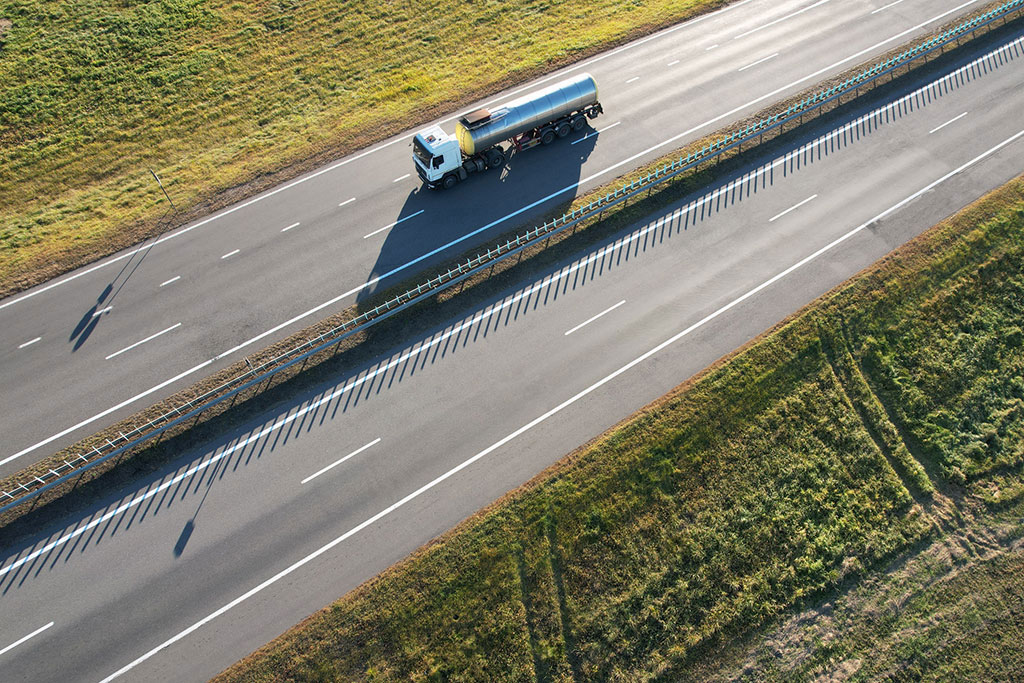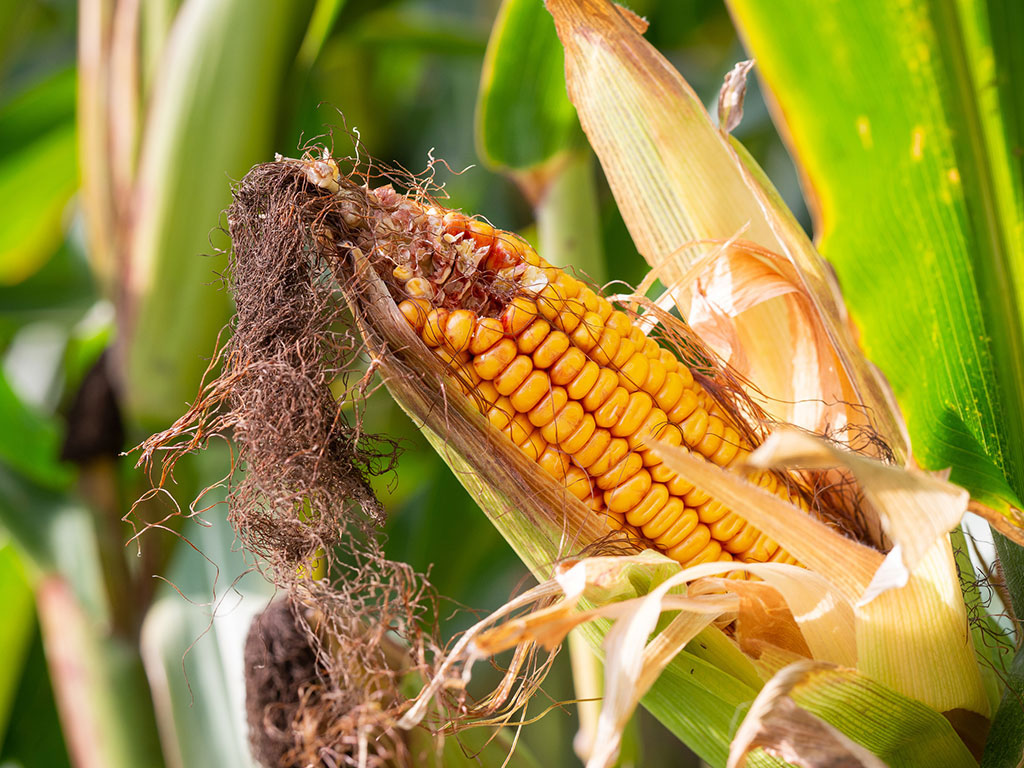


Taking the Fight to Climate Change
The EEL Biofuels path to decarbonization for transportation.



The EEL Biofuels path to decarbonization for transportation.
EEL Biofuels is a privately funded and owned bio-engineering company committed to realizing the vast latent potential of algal photosynthesis and its ability to transform humankind’s efforts to mitigate the effects of climate change.
Our knowledge and understanding of the algal genome is among the most comprehensive in the world. Through innovation and dedication, our technology has paved the way for our low-carbon intensity biofuel products to transition from theory to laboratory to product.
EEL Biofuels is engaged in the commercialization of the next iteration of renewable fuels including aviation fuel and biodiesel with the ultimate goal of drastically reducing the rate at which greenhouse gas emissions are released into the atmosphere by heavy transportation with a limited path to decarbonization.
Despite the seemingly relentless push towards the electrification of transport, it is unrealistic to expect such a transition to take place simultaneously across industries and nations.
At the moment, there is no viable path to decarbonization for heavy transportation vehicles like airliners, ships and commercial trucking vehicles. These vehicles cannot be powered practically and economically by current battery technology and, consequently, they must continue to utilize liquid fuels.
EEL Biofuels’ innovations can help to buy more time for climate change mitigation by dramatically reducing greenhouse gas emissions released into the atmosphere from fuel-burning vehicles by up to 76% and, furthermore, this can be achieved without the need to modify the engines they use.


First generation biofuels like ethanol rely upon feedstock like corn, soy, palm oil or sugar cane for their production. These foodstuffs require vast areas of arable land and freshwater to produce in the quantities needed and the growing demand for them poses difficult challenges.
Currently, some 40% of the corn crop in the United States is accounted for by ethanol production. Such a statistic raises serious questions including “At what point will we have to make a choice between growing crops for food and growing them for fuel?”
EEL Biofuels’ algal liquid fuels can be grown in saline water or in environments as inhospitable as the desert leaving arable land and freshwater free to produce food for humans and for livestock.